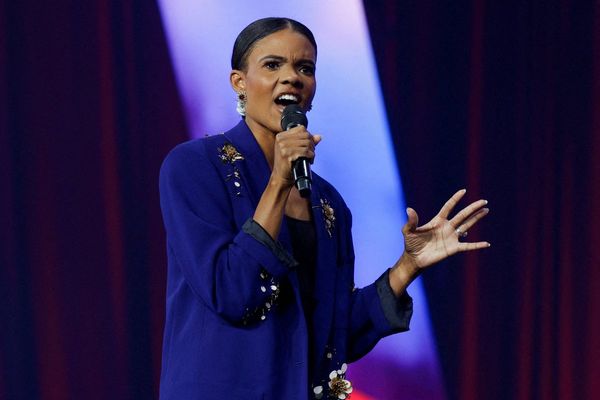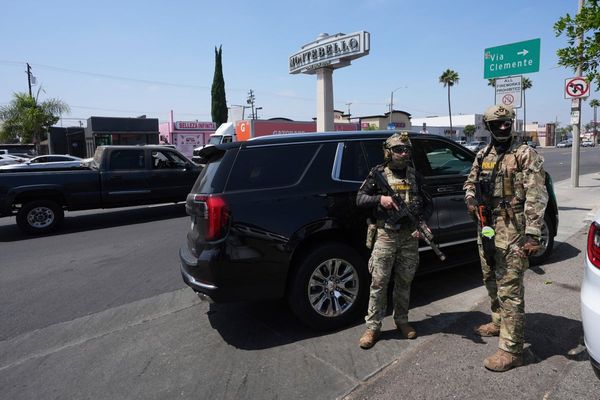
Sex work would be treated the same as any other lawful business under recommendations broadly accepted by the Queensland government, bringing the state closer to becoming the fourth jurisdiction to decriminalise the sector.
In a report released on Monday, Queensland Law Reform Commission suggests eliminating sex work offences against consenting adults, with general work health and safety rules to apply.
Attorney-General Shannon Fentiman is calling for sex work to be brought "out of the dark" through a properly regulated industry that prioritises the safety of workers.
"The Palaszczuk government broadly supports the QLRC's recommendations and is committed to decriminalising the sex work industry - improving safety for workers while meeting the expectations of the community," Ms Fentiman said.
"The current laws stigmatise sex workers, increase their vulnerability to exploitation and violence and fail to protect their human rights."
The reforms have been welcomed as a significant step forward for sex workers.
"Sex work is work and laws that criminalise sex work workplaces and our safety strategies diminish our ability to work safely or legally," state co-ordinator of Respect Inc Lulu Holiday said.
"Decriminalisation will be a life-changing policy shift for sex workers and our families because we will no longer be criminalised, the rest of Queensland thinks it has already happened and will probably not even notice it has changed."
The law reform review says advertising would not be prohibited on TV or radio, with the same codes and standards as all other businesses to apply.
An exemption that allows accommodation providers to discriminate against sex workers would also be scrapped.
The report makes a distinction between sex work and sexual exploitation, which should be subject to newly defined criminal offences for coercing individuals or involving children in commercial services.
While the decriminalisation of sex work is a question for individual states, Prime Minister Anthony Albanese appeared to back a more regulated approach.
"Clearly criminalising prostitution doesn't really work and drives it underground and leads to worse behaviour and worse treatment of people who are involved in what can be, of course, a dangerous industry," he told KIIS FM on Monday.
Victoria became the third jurisdiction to fully decriminalise sex work in 2022 after NSW in 1995 and the Northern Territory in 2019.
"Decriminalisation is a cost-effective, high compliance model for government and supports workplace health, safety and rights for sex workers," said Mish Pony of Scarlet Alliance, Australian Sex Workers Association, the national peak body for sex workers.
Queensland has two legal forms of regulated sex work: services provided in a licensed brothel and those provided by sole operators in-house or as outcalls.
Any other form of sex work is illegal including services provided by escort agencies, unlicensed brothels, massage parlours, street work and two or more sex workers operating from a single premises.
The state has 20 licensed brothels and most sex work occurs outside the regulated or licensed sector.
Based on the experience in other jurisdictions, decriminalisation will not increase the number of sex workers, the review found.
Most sex work is arranged online or via phone, not by soliciting on the street, the commission was told.
The attorney-general asked for an investigation into a new framework for the industry in August 2021.
"We will now consider how to best implement laws and regulations that will afford sex workers the same rights and legal protections as any other business or industry," Ms Fentiman said.
Some 160 submissions were received, with input from individual sex workers, brothel managers, clients and advocacy organisations.
The LNP opposition declined to comment on Monday.







